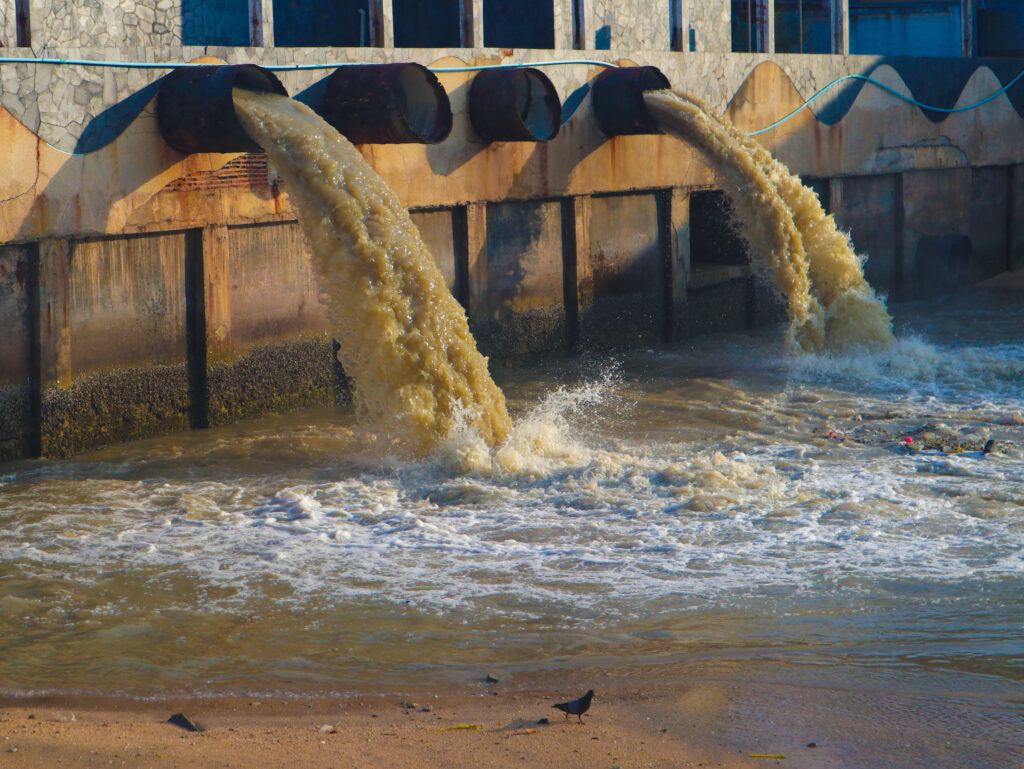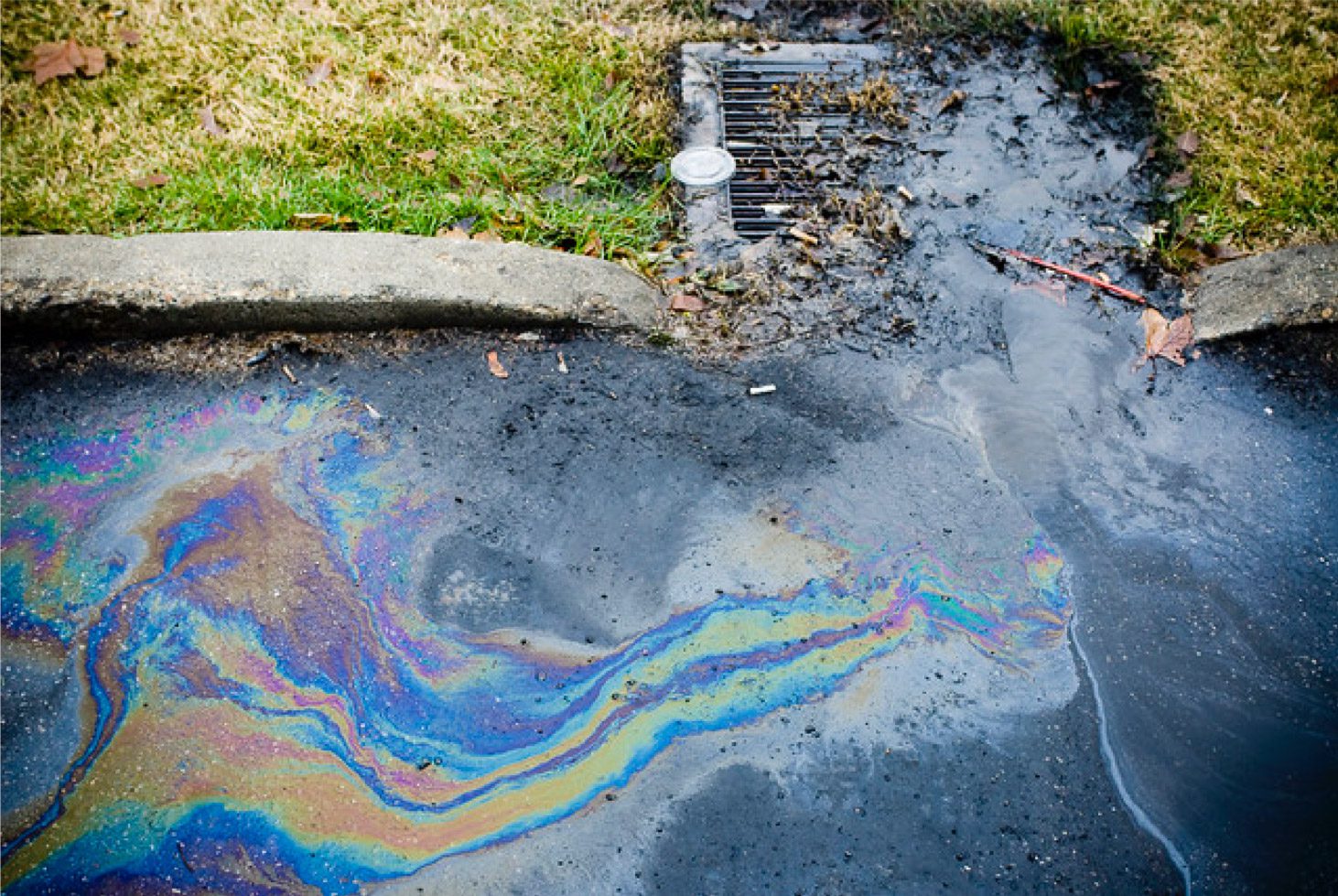Sources Of Water Pollution Presentation
| Introduction to Sources of Water Pollution | ||
|---|---|---|
| Water pollution refers to the contamination of water bodies such as rivers, lakes, oceans, and groundwater. It can have detrimental effects on aquatic ecosystems, human health, and the overall environment. Various activities and sources contribute to water pollution. | ||
| 1 | ||
| Industrial Sources of Water Pollution | ||
|---|---|---|
| Industrial activities release a significant amount of pollutants into water bodies. Factories and manufacturing plants often discharge untreated or poorly treated wastewater containing toxic chemicals and heavy metals. Oil spills from refineries and other industrial accidents can also pollute water bodies. | ||
| 2 | ||
| Agricultural Sources of Water Pollution | ||
|---|---|---|
| Agricultural practices can lead to water pollution through excessive use of fertilizers and pesticides. When it rains, these chemicals can be washed off into nearby rivers and lakes, causing eutrophication and harming aquatic life. Livestock farming can also contribute to water pollution through the release of manure and antibiotics. | ||
| 3 | ||
| Municipal and Household Sources of Water Pollution | ||
|---|---|---|
| Municipal wastewater treatment plants are designed to remove pollutants from sewage, but occasional malfunctions or inadequate treatment can lead to water pollution. Improper disposal of household chemicals, pharmaceuticals, and personal care products can contaminate water sources. Improperly maintained septic systems can also release untreated sewage into groundwater. | ||
| 4 | ||
| Construction and Urban Runoff as Sources of Water Pollution | ||
|---|---|---|
| Construction activities can release sediment, debris, and pollutants into nearby water bodies. Urban runoff, which includes stormwater runoff from roads, parking lots, and rooftops, carries pollutants such as oil, heavy metals, and litter into rivers and streams. Lack of proper infrastructure for managing stormwater can exacerbate this issue. | ||
| 5 | ||
| Transportation Sources of Water Pollution | ||
|---|---|---|
| Oil and fuel spills from ships, boats, and other transportation vessels can have severe impacts on water quality. Runoff from roads and highways, which contains pollutants from vehicle emissions, can also contaminate water bodies. Improper disposal of engine oil and other vehicle fluids can contribute to water pollution. | ||
| 6 | ||
| Impact of Agricultural Runoff on Water Pollution | ||
|---|---|---|
| Agricultural runoff can lead to the formation of harmful algal blooms, which deplete oxygen levels in water bodies and harm aquatic life. Nutrient runoff, particularly from excessive fertilizer use, can cause eutrophication and create dead zones in water bodies. Pesticide runoff can harm both aquatic organisms and the long-term health of ecosystems. | ||
| 7 | ||
| Conclusion and Ways to Address Water Pollution | ||
|---|---|---|
| Water pollution is a significant environmental issue that requires collective action and awareness. Effective wastewater treatment, proper agricultural practices, and improved stormwater management can help reduce water pollution. Public education, stricter regulations, and enforcement are essential in preventing and mitigating water pollution. | ||
| 8 | ||
| References (download PPTX file for details) | ||
|---|---|---|
| United Nations Environment Programme. (2020).... Environmental Protection Agency. (2020). Wate... Your third bullet... |  | |
| 9 | ||






